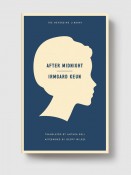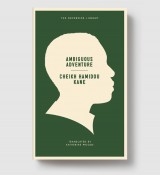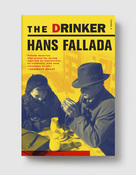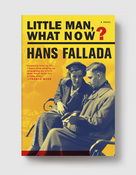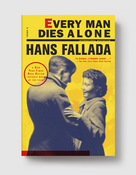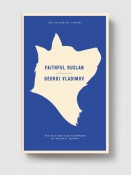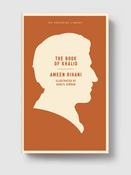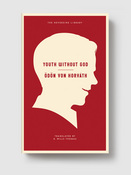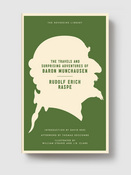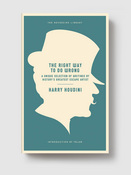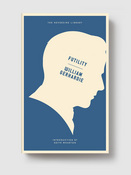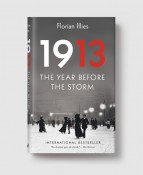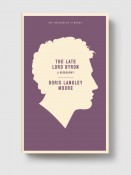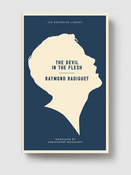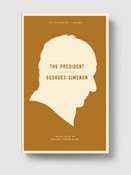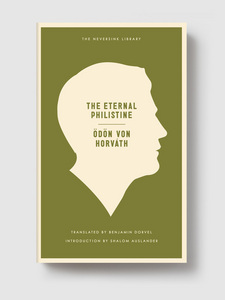
List price: $15.00
- Pages224
- ISBN9781935554479
- Publication dateMarch, 2012
- Categories
- Booksellers
- Media
- Academics & Librarians
The Eternal Philistine
Ödön von Horváth
with an Introduction by Shalom Auslander
Part of The Neversink Library
“The most gifted writer of the younger generation.” —Stefan Zweig
“At the World’s Fair in Paris I once lost my late husband and, just then, an elegant gentleman accosted me. As I look at him, he opens up his overcoat and hasn’t got anything on underneath. I only mention this in passing.”
This never-before translated work by a major yet overlooked mid-20th century writer is a brutally funny look at the human comedy on the eve of Europe’s descent into Fascism.
It tells the tale of a failed used car salesman who wants to live the high life, and so decides to travel by train from Munich to Barcelona to attend the World’s Fair—in hopes of meeting a beautiful, rich woman who will provide for his every whim.
It’s a highly stylized and, at times, raucously funny tale of the almost-absurd: a dark and satiric look at Europeans, and especially Germans, on the brink of cataclysm. Adrift in their acquisitive desires, they are vulnerable to the propaganda of the State—making this novel brilliantly foresightful in its understanding of politics and human nature at a crucial point in modern history.
Ödön von Horváth’s scathing insight, in fact, led to his having to flee the very society he depicted when, living in Berlin, he drew the wrath of the Nazis. And yet this hilarious tour-de-force—written just after his escape, and just before his death in a tragic accident—eschews bitterness for rambunctious perseverance and compassion, and provides ample evidence of why von Horváth deserves renewed appreciation.
“Horváth had turned his back on the mournful realism of the émigrés, with their passion for easy caricature and their desire for revenge. He had realized with extraordinary acuteness that to meet the horror of reality with a horror literature was no lon- ger possible or useful; that the reality of Fascism was in fact so overwhelming and catastrophic that no realism, particularly the agonized naturalism of the twentieth century, could do it justice.” —Alfred Kazin
“Ödön von Horváth was a brilliant German writer…. He makes the truth irresistible.” —Edmund Wilson
“Horváth is better than Brecht.” —Peter Handke
“One of the best Austrian writers … In every line of his prose there is an unmistakable hatred for the kind of German philistinism that made the German murder, the Third Reich, possible.” —Joseph Roth
“The most gifted of the young dramatists, and above and beyond the brightest mind….” —Carl Zuckmayer
“These works remain steps. But they lead to great heights.” —Franz Werfel

